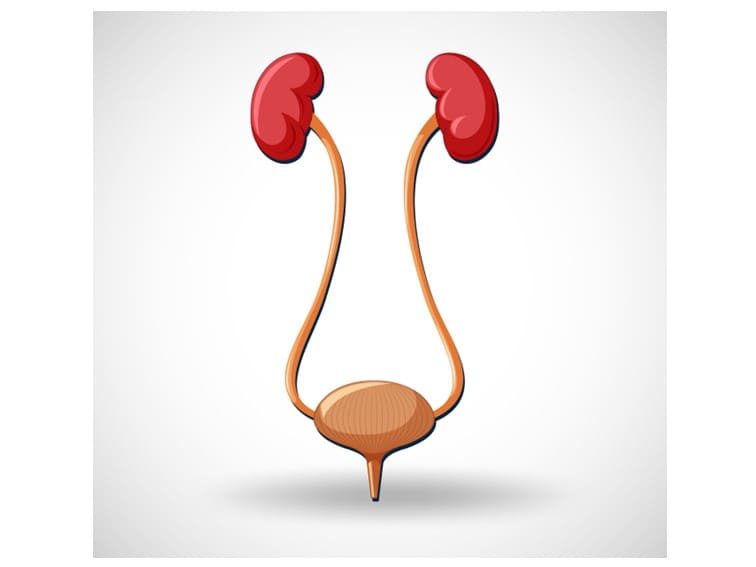Functions of kidneys: Many people think kidneys work only as the body’s filters removing waste products and excess water from the body in the form of urine. Though filtering waste from the blood is the primary function of kidneys, it is not the only function they perform. Kidneys also help in regulating blood pressure, producing hormones that help in red blood cell synthesis, balancing electrolytes in the body, and controlling calcium metabolism. The following are some of the amazing functions of kidneys:
Kidneys keep our body’s internal environment in a state of Balance (Homeostasis)
By removing wastes excess fluids and other compounds from the body, the filtration process of our kidneys ensures a state of balance known as homeostasis. When the kidneys do not function properly or efficiently, this balance state alters disturbing the functioning of cells – leading to several health issues.
Regulation of Blood Pressure
Kidneys help in regulating blood pressure and play an important role in the maintenance of overall cardiovascular health. Kidneys help regulate blood pressure through the renin-angiotensin-aldosterone system. Any damage to kidneys or uncontrolled high blood pressure can disturb this regulatory mechanism.
Role in red blood cells synthesis
Kidneys produce erythropoietin (EPO) – a glycoprotein hormone. It stimulates the production of red blood cells. This hormone helps maintain a healthy amount of red blood cells in the body. Chronic kidney disease can result in less production of this hormone leading to anemia (low levels of RBCs in the blood). levels of erythropoietin indicate the levels of RBCs and oxygen in the blood. When oxygen levels are low then the production of EPO increases – which stimulates the bone marrow to make more red blood cells.
The number one cause of low EPO levels is chronic kidney disease (CKD). Low EPO levels may lead to low levels of RBCs and anemia.
Learn more about anemia and kidney disease
Regulation of vitamin D
Dietary vitamin D or the one synthesized in the skin is converted into 25-hydroxyvitamin D (a storage form of vitamin D). It is further converted into 1,25 – hydroxyvitamin D in the kidneys – the active form of vitamin D. This active form of vitamin D is responsible for calcium and phosphorus metabolism and bone health. Proper vitamin D levels are crucial for bone health and other bodily functions.
Learn more about Kidney Disease and Low Vitamin D levels
Bottom Line
Functions of kidneys: they are amazingly remarkable organs as they perform some of the vital functions in the body – such as regulation of blood pressure, electrolytes balance, red blood cell production, and vitamin D levels – apart from their main function of removing wastes and excess fluid from the body.
Kidneys are our loyal guardians of better health and well-being. We must give them the attention and care they deserve because the functions of kidneys in our overall health and well-being are undeniable.

Leave a Reply